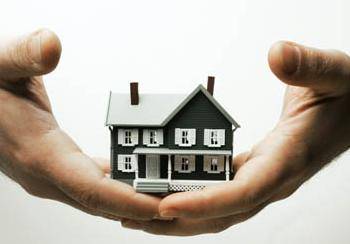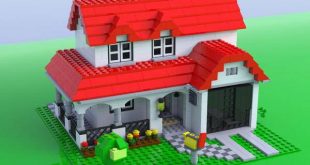Bigger isn’t always better.Everyone’s heard this adage before, but never has it been more true than in this unemployment-prone, recession-era real estate market.
Prior to the housing bubble bursting, many homeowners wanted sprawling estates and mini-mansions decked out with all the niceties of First World living. Now, however, in the age of 9.1% unemployment and perpetually free-falling home values, a large number of homeowners are seeking out smaller, more affordable homes to fit their smaller, more affordable lifestyles. A lot of baby-boomers, now free of their grown children who have moved out on their own, are also striving to move into smaller dwelling since they no longer need as much space.
Strike up a conversation with your older parents or grandparents about their first homes, and you will probably hear about how the homes they lived in — built as recent as 60 years ago — were only around 1,000 square feet in size. And they were perfectly content in these homes, too. (And they used to hike to school in the snow, uphill both ways. And get off my lawn, you whippersnappers!) But the real, $10,000-dollar question is this: Should you yourself consider owning a smaller home?
Now, let me be clear: Every family has their own, unique needs. If you’re married with 10 kids, you’re going to require a fairly substantial home, and you should get one. We’re really talking more to the singles, couples, and small families in our audience with this article. For those people, here are a few reasons for why you should consider a smaller home.
Reduced Costs. When you have a smaller home, many of your costs are reduced. Property taxes, maintenance costs, home insurance, and the actual cost of the home itself are all lower on smaller homes, leaving you more cash to pay for the things that are actually important in life.
Smaller Energy Bills. A smaller home requires less energy to heat, cool, and light. Simply put, less money to your power company means more money in your wallet.
Added Family Time. With less available space, smaller homes are inherently cozier. And, as the article put it, “Some families feel that smaller homes forces more together time, which means more time for bonding and strengthening relationships.” This may or may not be true for you, but if it is, it’s a definite plus.
No Real Sacrifice. Today’s homes are far from being the one-room log cabins of centuries past. The Census Bureau’s Survey of Construction recently concluded that the standard home of 2011 is 2,150 square feet in size and features 3 bedrooms, 2.5 baths, a garage, central air, a fireplace, separate dining room, and even 3 miscellaneous rooms — more than enough space for a small family.
Same Satisfaction. Just because a house is big or fancy doesn’t mean you’ll be happier in it as opposed to a smaller dwelling. Really, what makes a house a home is not its size, but the friends, family, and love you invite into it.
If you’re currently trying to decide whether you want a small or large house, hopefully these real estate tips will open your mind to the possibility of a smaller home. Happy hunting!






